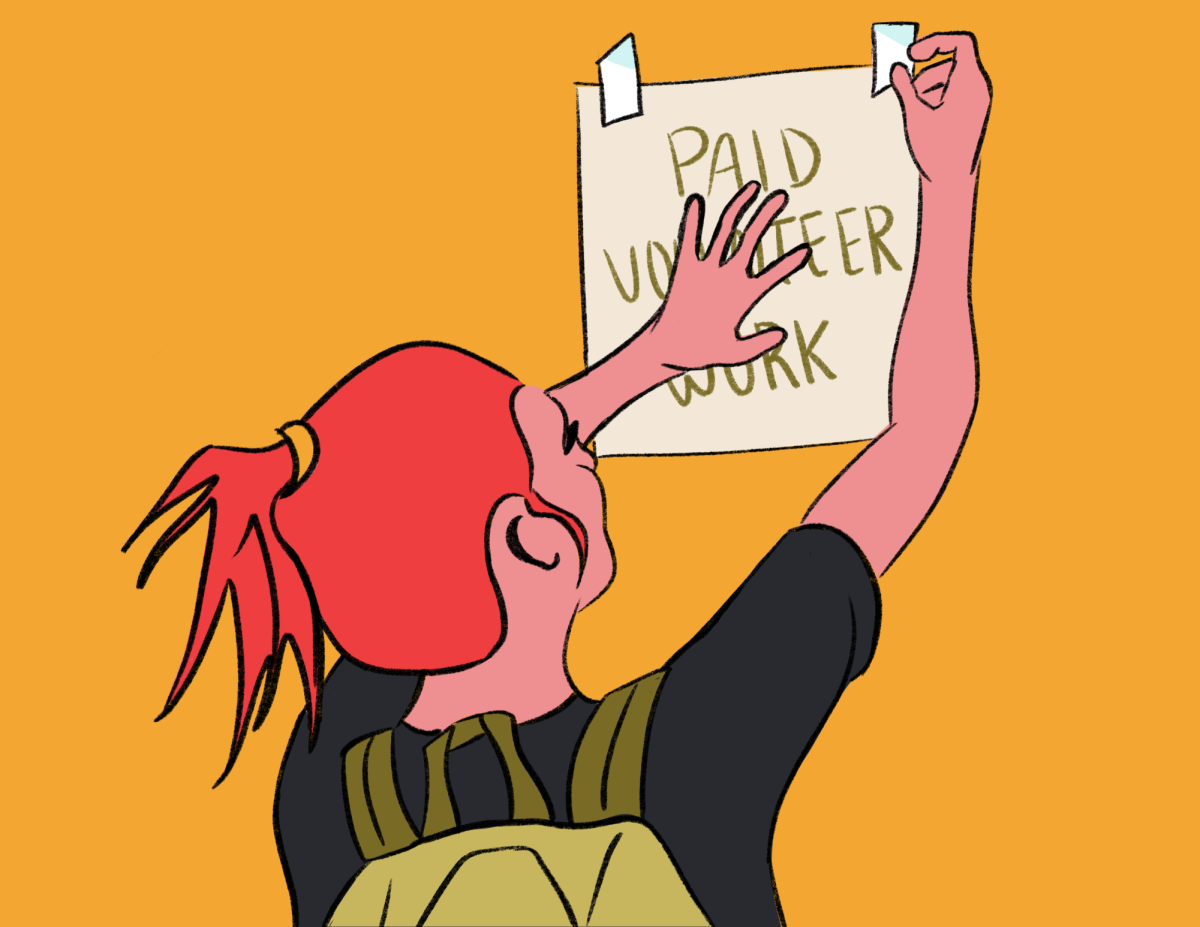As the Dow dropped below 10,000 for the first time in four years Monday, the Quinney College of Law hosted a panel of experts reviewing the recent meltdown on Wall Street.
Law professor Christopher Peterson, a scholar on sub-prime and predatory lending, said as many as 8 million families are facing home foreclosure8212;roughly three times the population of Utah. As those numbers continue to rise, the country is faced with finding a solution.
Peterson said the rapid breakdown of the financial system happened largely because of dishonesty from the lenders to the borrowers.
“We have become tolerant of commercial fictions and outright deception,” Peterson said.
As lenders sought borrowers, they deceptively pushed them into mortgages that were beyond the borrower’s financial means, he said.
Peterson suggested the financial situation in the United States needs comprehensive changes. Among many necessary reforms, the financial sector needs to require all mortgages to be suitable to the borrower’s needs.
Regulation is also a key component in financial reform, he said.
“It’s time for the country to realize we have lost the thrift mode of our ancestors,” Peterson said. “We need a comprehensive bill that regulates the financial industry.”
Law professor Christian Johnson, an expert on markets, banking and derivatives, followed Peterson to help explain the government’s solution to the crisis.
After attempting to halt the plummeting economy by lowering interest rates and lending to banks from the Federal Reserve, Congress passed the recent $852 billion financial bailout. The 442-page bill created a type of financial bureaucracy, overseen by Congress, to essentially fix Wall Street, Johnson said.
“The whole program is going to be run by Wall Street,” Johnson said. “They’re the only ones who understand how this complicated process works.”
The premise of this $852 billion solution is to curb financial losses and restore confidence in the economic world.
Although $852 billion is a large number, it is less than 10 percent of the United States’ $10 trillion national debt, Johnson said.
Now that the bill has been passed, the question lingers of whether it will work.
“I think the risks are so great of doing nothing that, even though it is an enormous amount of money, it pales in comparison to the economic effects if things keep deteriorating,” Johnson said.
Although this financial crisis is rooted in Wall Street, it reaches the homes of U students, he said. As the economic world continues to deteriorate, students will find their financial situations becoming more and more stressful. Student loans, home loans and basic credit will all be harder to obtain.
Johnson also said he fears the impact a failing economy would have on graduating students.
“We’re all afraid that if this continues, we’ll see business unable to expand and do the hiring they want to do,” Johnson said. “It’s very important we attack this and get the economy moving again. If we don’t fix this mess, it’s going to be more difficult for students to do the things they want to do in the long term.”
Community members packed the Moot Court Room at the law school, but not many students attended the event.
 Lucas Isley
Lucas IsleyProfessor Ralph Mabey spoke about the Wall Street Crisis and the future of the banking industry at the Quinney College of Law Monday.














